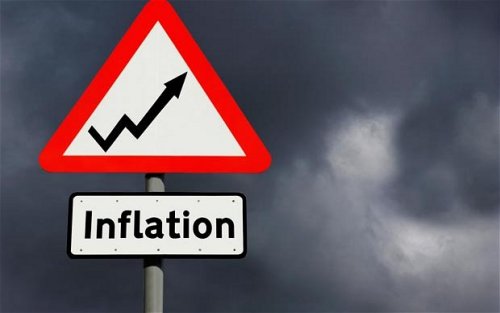Govt To Issue Bonds To Tackle Fiscal Deficit
Source: Vientiane Times
The Lao government will try to sell more domestic bonds in the local currency in an attempt to address the fiscal deficit and strengthen the national capital market.
Over the past five months of this year, the government has sold 1.13 trillion kip worth of domestic bonds, equal to 28.89 percent of the amount targeted in the plan for 2019, according to a recent report from the Ministry of Finance.
The bonds were issued through the Lao Securities Exchange and the Bank of the Lao PDR with an interest rate of 5 percent for the one-year bond, 5.5 percent for the two-year bond and 6 percent for the three-year bond.
The government has recognised the potential to mobilise funding from domestic sources, particularly by issuing bonds through the Lao Securities Exchange targeting investors and individuals.
The government wants to secure this as a permanent funding source to boost public sector investment and address fiscal deficits in the near future.
Issuing domestic bonds is a positive move for the economy, avoiding the high risks linked to exchange rates which can fluctuate rapidly.
If the government issues bonds or borrows in foreign currencies, it would need to buy more foreign currency to repay debt each year. This would send foreign currency reserves even lower, which could result in a higher exchange rate risk.
From the second week of January to the second week of August, the kip has depreciated 2 percent against the US dollar and 7 percent against the Thai baht. This is the average rate from commercial banks, collected by the Bank of the Lao PDR.
Falling foreign currency reserves are impacting on the value of the kip and consequently product prices.
One of the main challenges for the government is to issue bonds at the amount approved by the National Assembly since bond interest rates are not much different from bank rates. In addition, the government sought to issue foreign currency-denominated bonds as part of efforts to minimise budgetary tension and maintain the country’s financial liquidity.
There is no official report regarding the total value of the government’s bonds issued so far within the country and overseas.
The government has acknowledged that Laos will continue to face financial difficulties because revenue collection has not increased as anticipated.
Economists say that issuing bonds and borrowing money from other countries may be the only way out, but this approach should only be adopted in emergencies or in the short-term.
The government needs to consider possible long-term sources of funding to repay debts and to prevent Laos from being dragged into an economic crisis.
This year, the government plans to collect 26.3 trillion kip in revenue, of which domestic revenue is expected to reach 24.24 trillion kip while budget expenditure is set at 33.39 trillion kip. The budget deficit is set at 7.08 trillion kip, equal to 4.6 percent of annual GDP.
In the first six months of this year, income is expected to reach 12.96 trillion kip, equal to 49.2 percent of the amount planned for the whole of the year. Budget expenditure is estimated at 14.12 trillion kip.





